Codetown
Codetown ::: a software developer's community
Gainesville Events - web and android app
Hey guys checkout my new android app for social events in Gainesville
http://goo.gl/qF5sT - the web app built in grails
http://goo.gl/bQHK5 - google play store
Feel free to question, comment and critique!
Tags:
Replies to This Discussion
-
Permalink Reply by Michael Levin on December 5, 2012 at 10:10am
-
Nem, Very nice! I have bookmarked the Grails web app. Do you have any comments regarding how development went? Any lessons learned to tell?
-
Permalink Reply by Michael Levin on December 5, 2012 at 5:52pm
-
Nem, This would be a great case study for GatorJUG. Let's talk! /mike
-
Permalink Reply by Michael Levin on December 6, 2012 at 9:00am
-
I'm just about to reserve a venue for 12 months of 2013 on the second Wed of each month! <hint>Call for speakers...</hint>
-
Permalink Reply by Michael Levin on December 7, 2012 at 12:38pm
-
That sounds good, Nem. Thanks. Of the three, the Grails app would be first case study choice, the Android app second and the Atmosphere app third. That is, unless you'd like to talk about them as 2 case studies: the Grails/Android G'Ville Events apps and the Atmosphere app. We get the best turnout with more standard presentations these days, rather than very unique topics.
-
Permalink Reply by Michael Levin on December 7, 2012 at 12:40pm
-
The next GatorJUG meeting is Wed, January 9th.
Nemanja Nesic - NEM- said:I'd be glad to talk about my projects. I have another project that i think would be very interesting to talk about. It is another Grails project that uses atmosphere https://github.com/Atmosphere/
-
Permalink Reply by Michael Levin on December 9, 2012 at 10:00am
-
Perfect. If you give me a bio and abstract, I'll do the rest. Second Wed of Jan is 1/9.
Notes
Welcome to Codetown!
 Codetown is a social network. It's got blogs, forums, groups, personal pages and more! You might think of Codetown as a funky camper van with lots of compartments for your stuff and a great multimedia system, too! Best of all, Codetown has room for all of your friends.
Codetown is a social network. It's got blogs, forums, groups, personal pages and more! You might think of Codetown as a funky camper van with lots of compartments for your stuff and a great multimedia system, too! Best of all, Codetown has room for all of your friends.
Created by Michael Levin Dec 18, 2008 at 6:56pm. Last updated by Michael Levin May 4, 2018.
Looking for Jobs or Staff?
Check out the Codetown Jobs group.
InfoQ Reading List
Hybrid Cloud Data at Uber: How Engineers Solved Extreme-Scale Replication Challenges
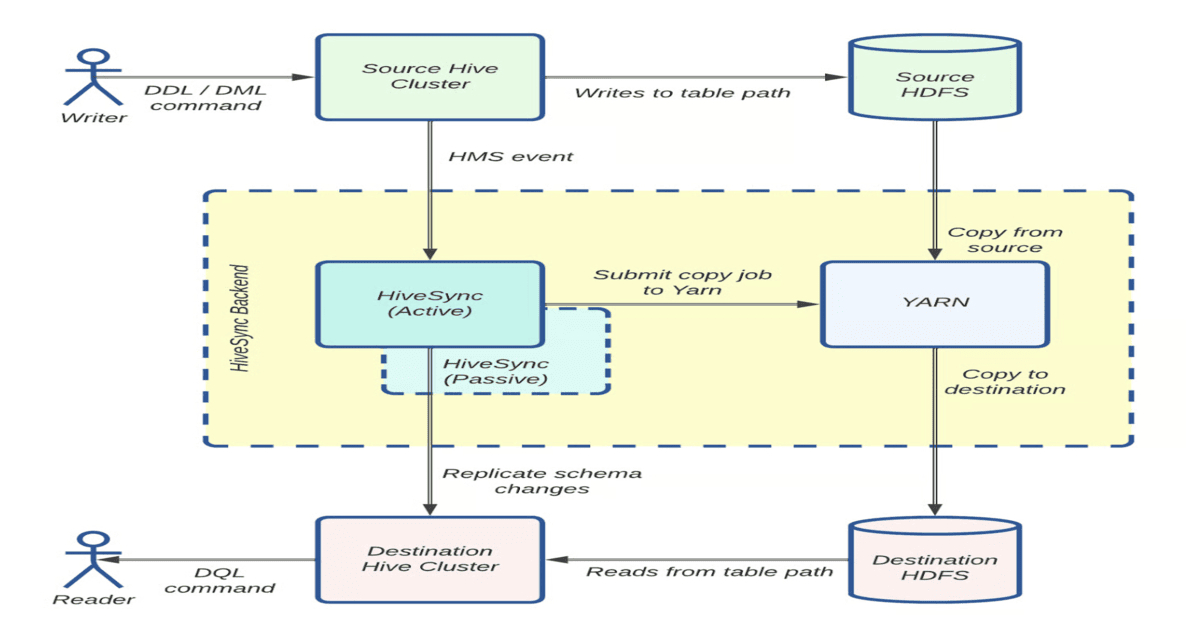
Uber’s HiveSync team optimized Hadoop Distcp to handle multi-petabyte replication across hybrid cloud and on-premise data lakes. Enhancements include task parallelization, Uber jobs for small transfers, and improved observability, enabling 5x replication capacity and seamless on-premise-to-cloud migration.
By Leela KumiliOpenAI Codex-Spark Achieves Ultra-Fast Coding Speeds on Cerebras Hardware
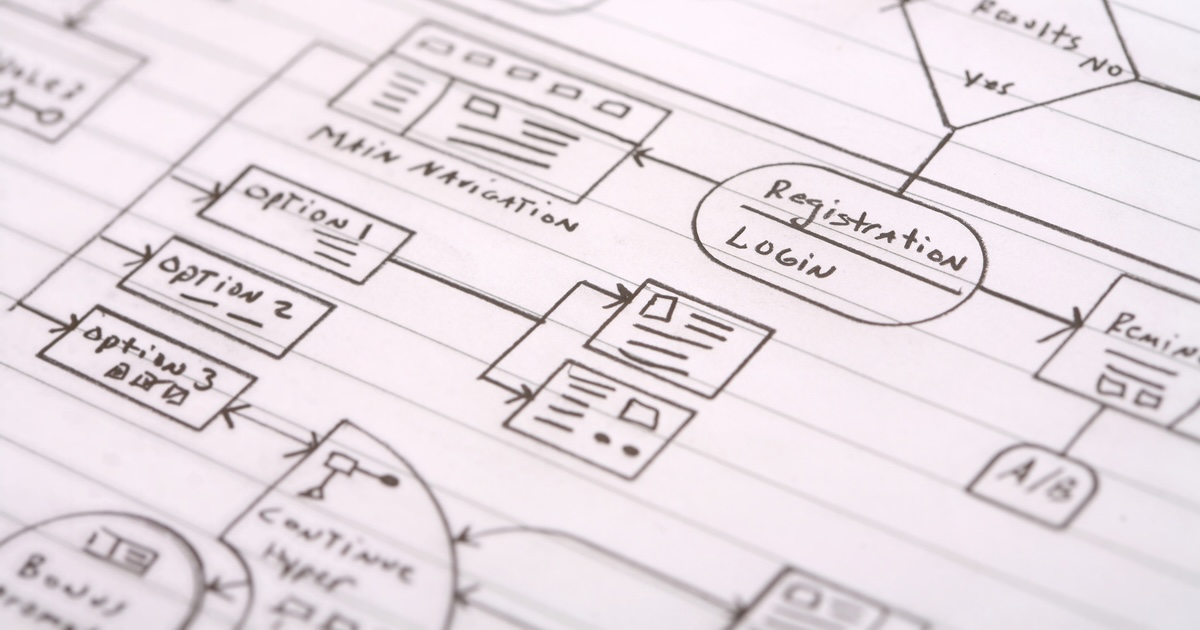
In a major shift in its hardware strategy, OpenAI launched GPT-5.3-Codex-Spark, its first production AI model deployed on Cerebras wafer-scale chips rather than traditional Nvidia GPUs. The new model offers delivers improved throughput and low-latency, enabling a real-time, interactive coding experience, says the company.
By Sergio De SimonePodcast: [Video Podcast] Frictionless DevEx with Nicole Forsgren
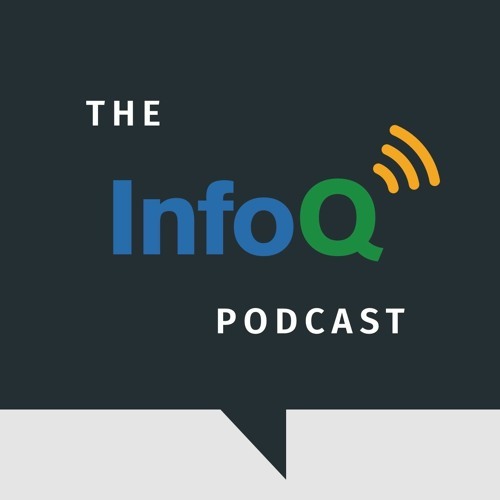
In this episode, Thomas Betts talks with Dr. Nicole Forsgren, the author of Accelerate and one of the most prominent and important minds in DevOps and developer productivity. The conversation is about identifying and removing developer friction, the subject of her new book, Frictionless.
By Nicole ForsgrenPresentation: Busting AI Myths and Embracing Realities in Privacy & Security
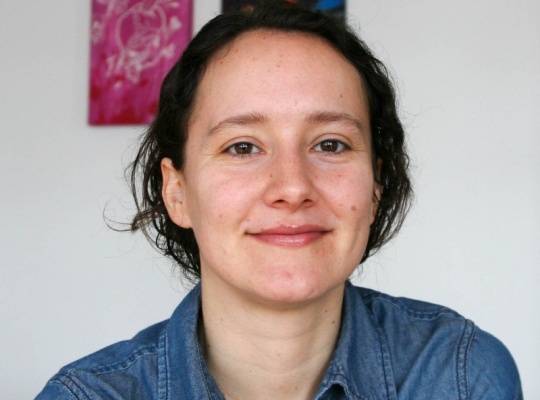
Katharine Jarmul keynotes on common myths around privacy and security in AI and explores what the realities are, covering design patterns that help build more secure, more private AI systems.
By Katharine JarmulJava News Roundup: Lazy Constants, TornadoVM 3.0, NetBeans 29, Quarkus, JReleaser, Open Liberty
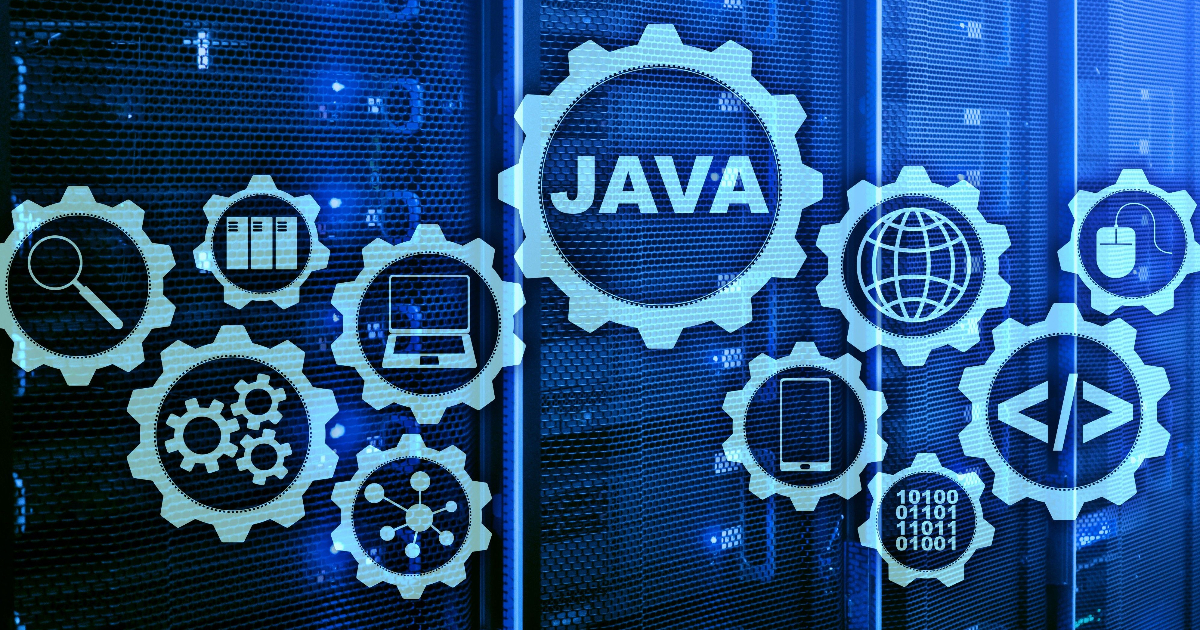
This week's Java roundup for February 23rd, 2026, features news highlighting: new JEP 531 Candidate, Lazy Constants; GA releases of TornadoVM 3.0 and NetBeans 29; point releases of Quarkus, JReleaser, Chicory and RefactorFirst; maintenance releases of Micronaut and Jox; and the February 2026 edition of Open Liberty.
By Michael Redlich
© 2026 Created by Michael Levin.
Powered by
![]()